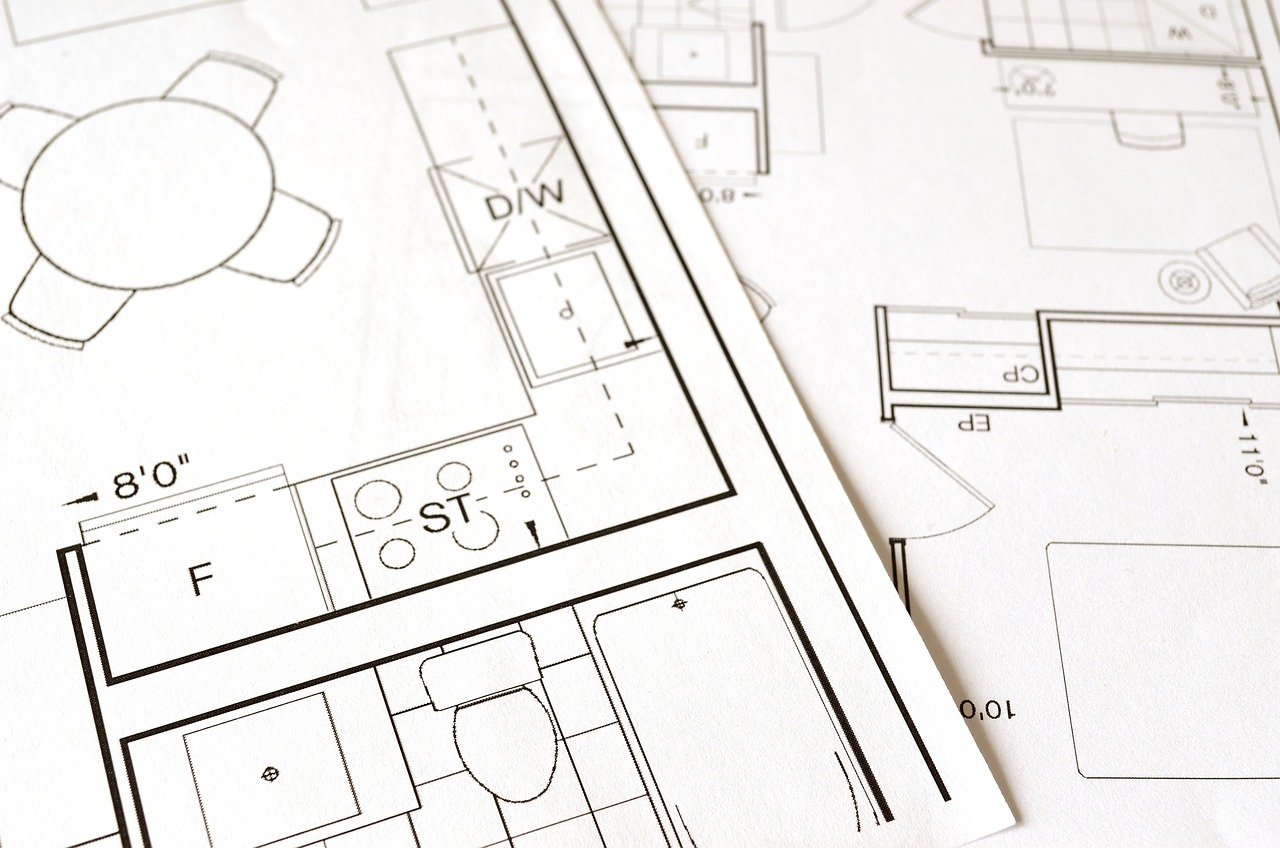Updated: 27/01/2026
Imagine the thrill of owning your own home, the freedom to decorate as you please, and the security of having a place to call your own. But what if you could achieve all of this without the burden of a mortgage? Can you buy a house in the UK without a mortgage, without the burden of taking on a hefty loan?
Today we will explore the options available to aspiring homeowners and uncover the alternatives to traditional mortgages. Get ready to discover a whole new world of possibilities and unlock the door to your dream home.
Buying a House in the UK Without a Mortgage
Overview
Buying a house is a significant milestone for many people, and traditionally, it has involved taking out a mortgage to finance the purchase. However, is it possible to buy a house in the UK without a mortgage? In this article, we will explore the options, advantages, and disadvantages of purchasing a house without relying on a mortgage.
While it may not be a conventional route, it can provide an alternative path to homeownership for those who have the means to do so.
What is a Mortgage?
Before diving into the possibility of buying a house without a mortgage, it is important to understand what a mortgage actually is. A mortgage is a loan specifically designed for the purpose of purchasing or refinancing a property.
It typically involves a financial institution lending a substantial amount of money to the borrower, with the property itself acting as collateral. The borrower then makes regular repayments over a predetermined period, usually spanning many years, until the loan is fully repaid.

Can You Buy a House Without a Mortgage?
Yes, it is indeed possible to buy a house in the UK without a mortgage. While it may not be the most common path to homeownership, it can be achieved by utilising alternative options and existing resources to finance the purchase.
Depending on your financial situation, available assets, and personal preferences, you may find that buying a house without a mortgage is a viable and advantageous choice.
Alternative Options to Buying Without a Mortgage
When looking to purchase a house without a mortgage, there are several alternative options to explore. Some of these include:
Using Savings or Investments
If you have sufficient savings or investments, you may be able to use these funds to purchase a property outright. This means that you would not have to rely on a mortgage and could avoid the costs and interest associated with borrowing money.
However, it is essential to consider the liquidity of your savings and the potential impact on your overall financial portfolio before making such a significant investment.
Inheritance or Gifted Funds
Another option to consider is if you have received a sizable inheritance or have been gifted funds to use towards buying a property. In these cases, you can use the money to purchase a house without needing a mortgage.
It is important to seek professional advice to understand any tax implications and legal considerations associated with using inherited or gifted funds for this purpose.
Equity Release
Equity release schemes are often used by older homeowners to access the value tied up in their property. This option allows you to release a portion of the equity in your current home, which can then be used towards purchasing a new property without the need for a mortgage.
However, it is crucial to thoroughly research and understand the terms and potential consequences of an equity release scheme before deciding if it is the right option for you.

Saving Up to Buy a House Without a Mortgage
Whether you choose to use your savings or investments, rely on inheritance or gifted funds, or pursue an equity release scheme, saving up money plays a crucial role in buying a house without a mortgage. To save effectively, it is important to create a realistic budget, prioritise your expenses, and commit to setting aside a portion of your income regularly.
Additionally, exploring various cost-cutting measures, such as reducing discretionary expenses and finding ways to increase your income, can help accelerate your savings journey.
Advantages of Buying Without a Mortgage
While buying a house without a mortgage may not be the conventional route, it has several advantages worth considering:
- No Interest Payments: By purchasing a property outright, you avoid paying interest on a mortgage loan, potentially saving you a substantial amount of money in the long run.
- Financial Freedom: Owning a house without a mortgage means that you have complete ownership and are not bound by repayment obligations. This can provide a sense of financial security and flexibility, allowing you to allocate your funds towards other goals or investments.
- Avoiding Long-Term Commitments: Mortgages typically span many years and can feel like a significant financial burden. By buying a house without a mortgage, you can avoid being tied to a long-term commitment and have the freedom to make other financial decisions without the constraints of a mortgage payment.
- Quicker Purchase Process: As mortgage applications and approvals can often be time-consuming, buying a house without one can expedite the purchasing process. This can be advantageous, especially in a competitive property market where speed is often key.

Disadvantages of Buying Without a Mortgage
While there are many advantages to buying a house without a mortgage, it is important to consider the potential disadvantages as well:
- Funds Accessibility: Utilising all your savings or resources to purchase a house outright may limit your access to emergency funds or other investments. It is crucial to have a contingency plan and ensure that you have sufficient financial flexibility to cover unexpected expenses.
- Opportunity Cost: By investing a significant amount of money in a property, you may miss out on other investment opportunities that could potentially offer higher returns. It is essential to carefully assess and compare the potential returns and risks of different investment options before making a decision.
- Market Timing: Buying a house without a mortgage may require a sizeable upfront payment. Therefore, your ability to take advantage of market fluctuations or negotiate favourable terms may be limited. It is crucial to consider the current state of the housing market and seek professional advice to ensure that your decision aligns with your financial goals.
Legal Considerations
When purchasing a house without a mortgage, it is important to be aware of the legal considerations involved. These may include:
- Property Ownership: Ensure that the property ownership is properly transferred to your name through legal processes such as conveyancing, title transfers, and registration.
- Insurance Requirements: As a homeowner without a mortgage, it may be necessary to explore different insurance options to protect your property adequately. Building insurance, contents insurance, and other relevant policies should be considered to safeguard your investment.
Tax Implications
Buying a house without a mortgage may have certain tax implications that need to be taken into account. It is advisable to seek professional tax advice to understand the potential impact on your personal tax situation. Some areas to consider include:
- Stamp Duty Land Tax (SDLT): Depending on the purchase price and other factors, SDLT may be applicable. Research and understand the current SDLT rates and thresholds to ensure compliance with tax regulations.
- Capital Gains Tax (CGT): If you decide to sell the property at a later stage, CGT may be applicable on the gains made. It is essential to understand the CGT rules and exemptions to plan accordingly and minimise any potential tax liability.
Can You Buy A House In The UK Without A Mortgage?
Buying a house in the UK without a mortgage is indeed possible, and it can offer certain advantages for those who have the means to do so. By exploring alternative options, saving up effectively, and considering the advantages and disadvantages, you can make an informed decision that aligns with your financial goals and circumstances.
However, it is essential to seek professional advice, understand the legal and tax implications, and carefully consider all aspects before embarking on this unconventional path to homeownership.

